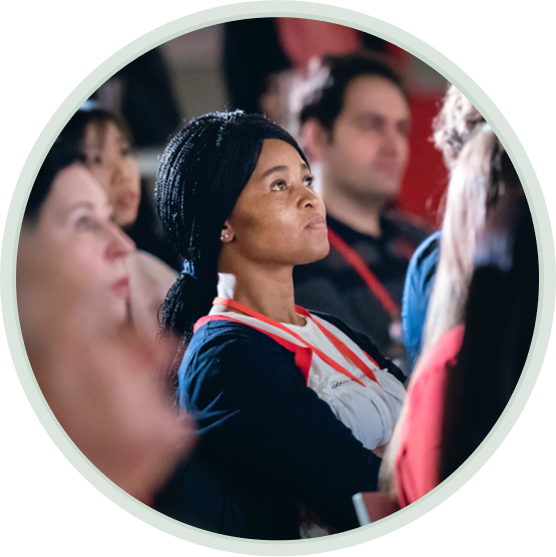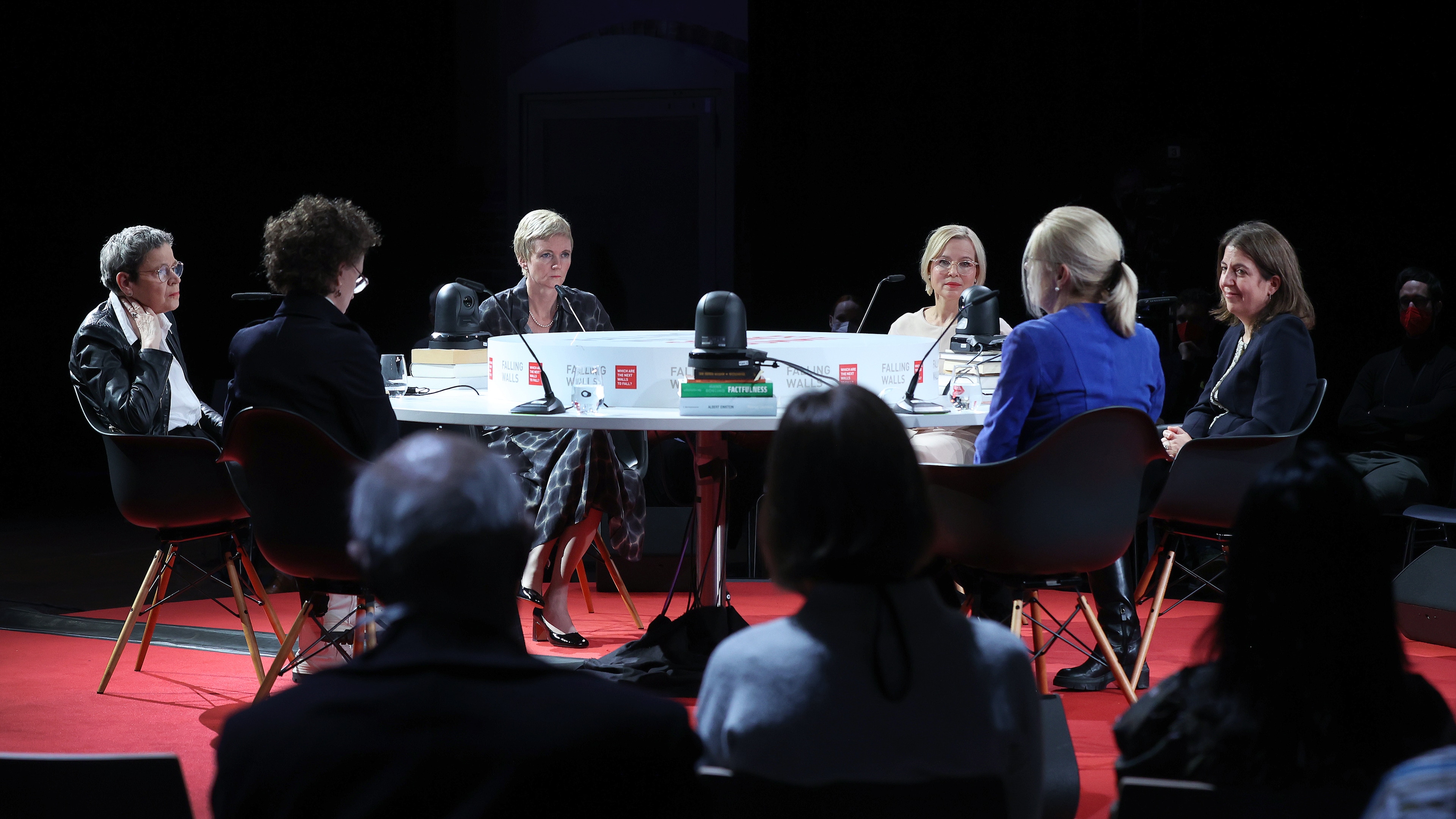Female Scientists Gather to Push for More Women in Leadership Roles

The COVID-19 pandemic has hit women particularly hard when it comes to employment. With a complete overhaul of how our lives were structured, women were found more so than men to have considered leaving their positions, or downshifting their careers, with the difference significantly more pronounced if children were involved. Overall, more women lost their jobs during the pandemic, but it is only the men who are expected to regain their employment status in a post-pandemic world.
Such gender gaps are not the result of a zoonotic disease. Women have been saddled with the burden of childcare and housework for generations, and face other discriminatory barriers into the workplace. This, in of itself, also leads to another problem: a lack of female representation in leadership roles. The Association of American Medical Colleges (AAMC) says that while women make up 50% of the applications for medical school, only 15-21% of high ranking positions are occupied by women. Such a gender gap is a symptom of structural issues that regularly exclude women from the workplace, though there are people trying to change this.
Dr Zarifa Mamedova, the Head of Female Science Talents at Falling Walls, recognised a similar trend as seen by the AAMC. Falling Walls is a Berlin-based foundation which runs an annual conference to celebrate leadership in science on the anniversary of the fall of the Berlin Wall. Mamedova noticed that while female participation in their young talents programme was more than 50%, when it came to representation in advanced formats like on the conference floor, that number was significantly less.

Dr. Zarifa Mamedova
“This internal situation reflected both the situation in academia and on the start-up scene in Germany as a whole. So we saw great potential here and a corresponding need for action”
This led to the development of the Female Science Talents program, the aim of which is to promote female leadership in the areas of science, business, and society. Though the pandemic interrupted the normal running of the program – a situation all of us are familiar with – 201 female science talents from 72 different research fields, and 56 different countries, came together to take part in the program.
One of the main goals of the program was to bring established female leaders together with younger scientists at the start of their career. This not only showed the young scientists that it was possible to pursue a leadership role, but the event itself helped them to build an all female network of scientists. “A strong network is important for everyone pursuing a leadership role,” says Dr Emily Mackay, a Laboratory Head in Research & Process Development at Bayer AG, who was one of the role models during the program. “Surround yourself with a diverse range of people who can not only provide you with support and advice, but also critical feedback,” she adds.

Science Summit 2021 Picture by Falling Walls
The event offered the chance for the young scientists to interact with leaders at various points in their careers. An hour-long session had well established female leaders answering questions from the young participants. Topics covered included dealing with difficult male colleagues, and how to strike a good work-life balance. The participants were also able to interact with leaders who were earlier in their careers. A panel of five scientists from Bayer AG were invited to share personal stories, and demonstrate what it was like to lead. This covered a variety of research fields, from cardiovascular biology, to organic chemistry, and biotransformation. One participant found this session particularly engaging, as it was an “opportunity to hear about [the young leaders’] experience and the doubts they had throughout their career.”
Events like this offer women a space to discuss the idea of leadership and gender equality in the workspace amongst themselves, but men also have a part to play in making it happen. “If you’re not sure how to be an ally, the best thing you can do is ask,” explains Mackay in reference to this. “Reach out to women in your network, read articles on the societal and structural barriers facing women in the workplace, and take the time to really reflect on it.”
Text: Jack McGovan
Pictures: Falling Walls



